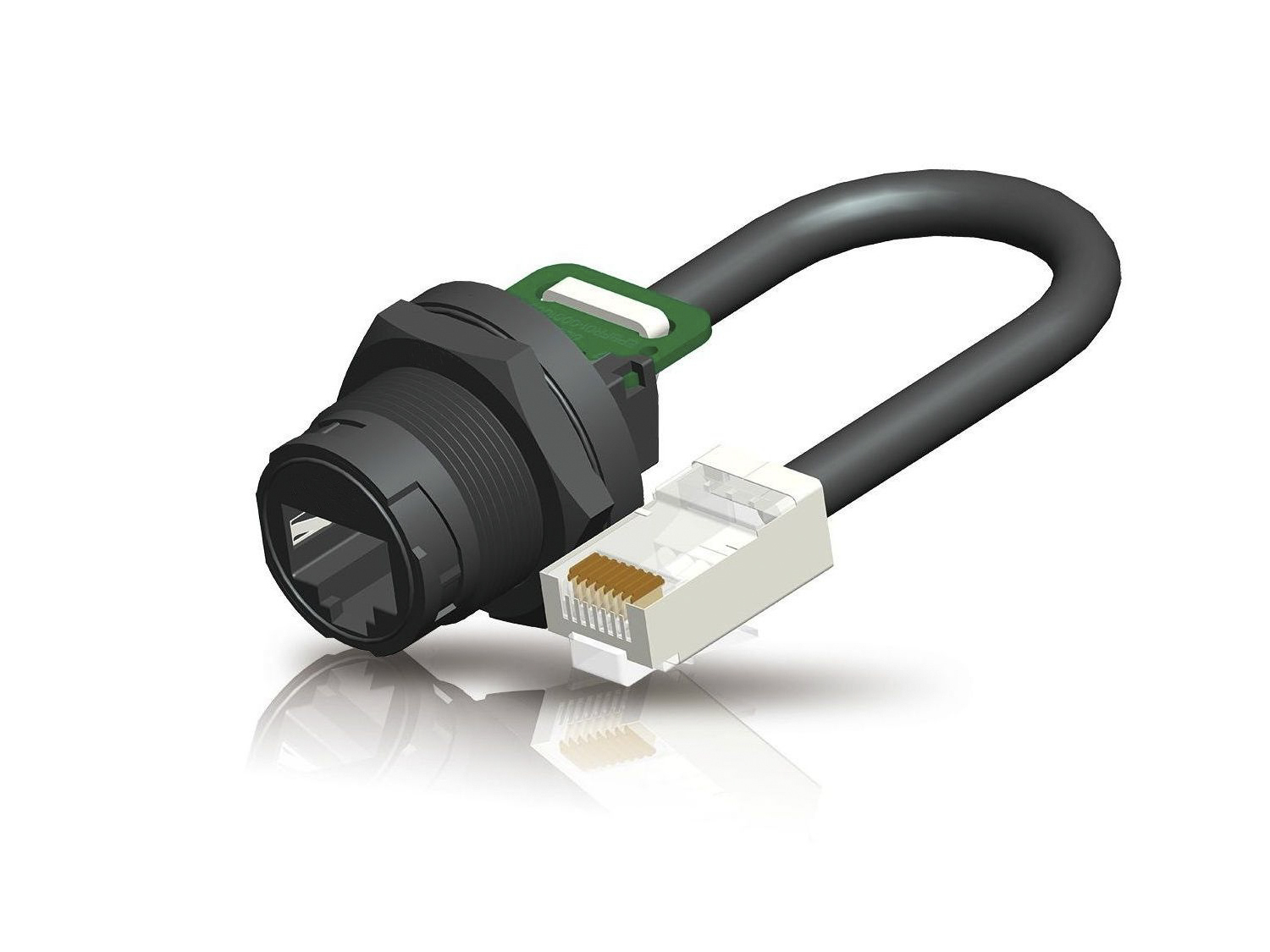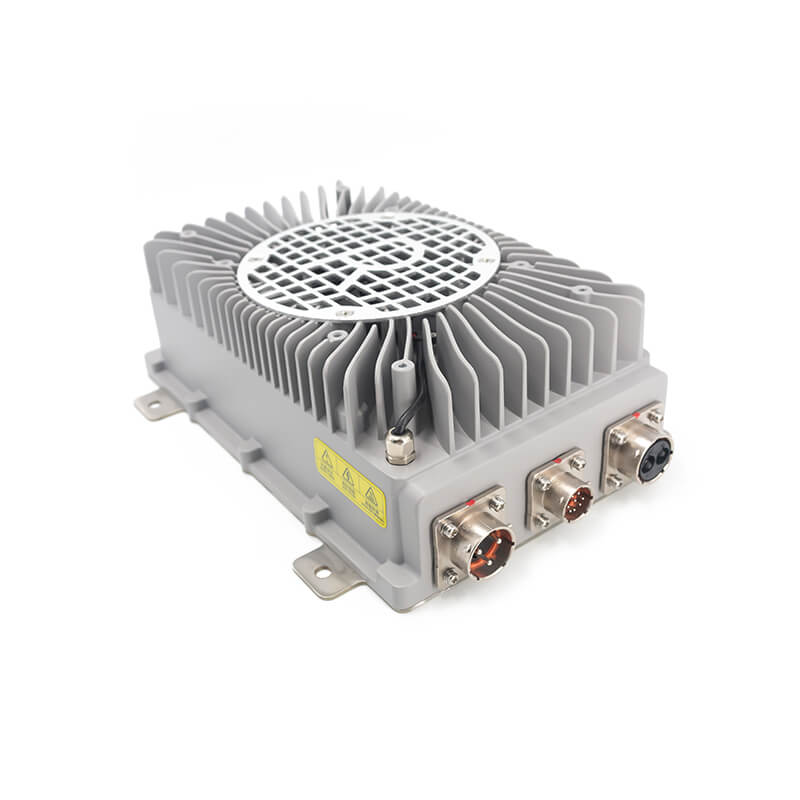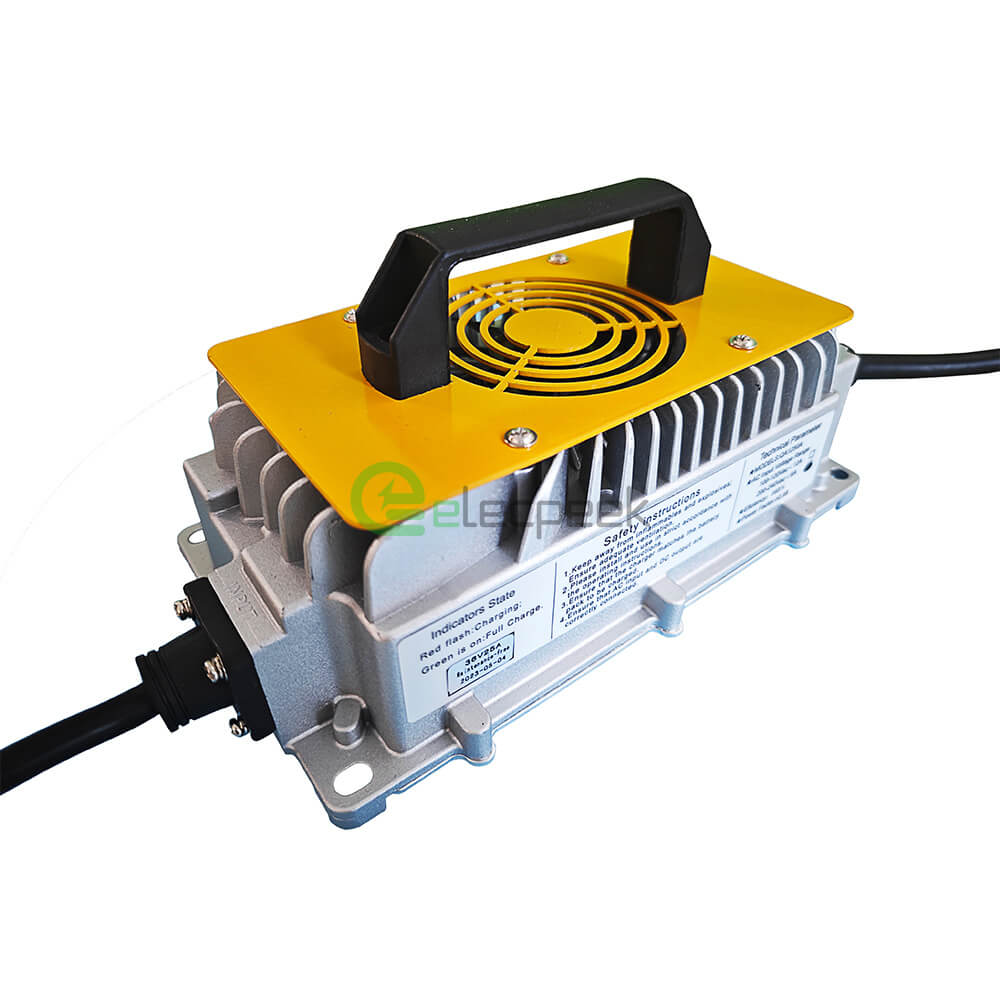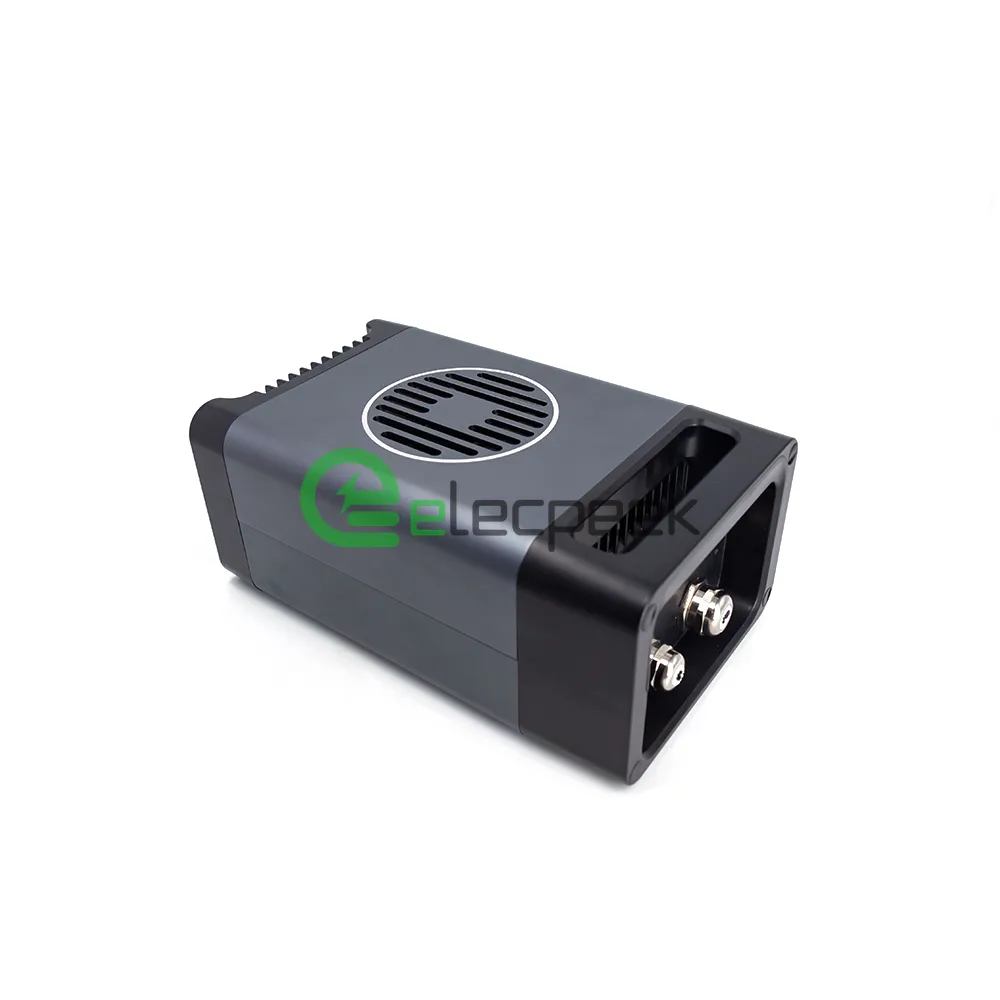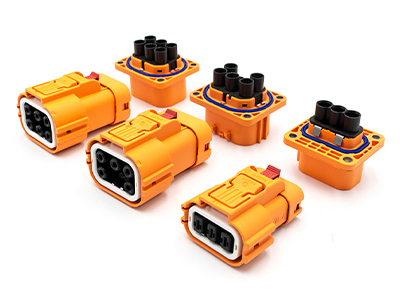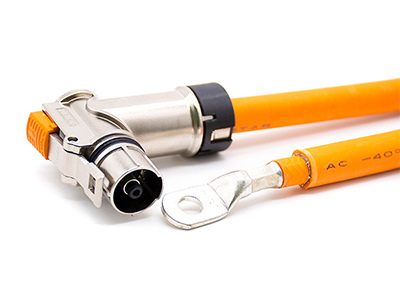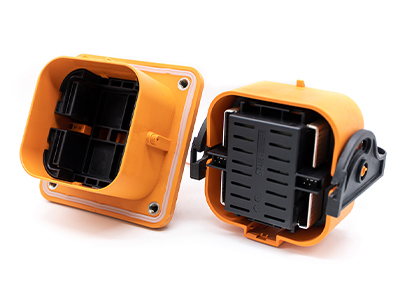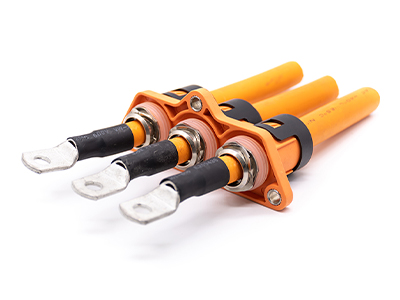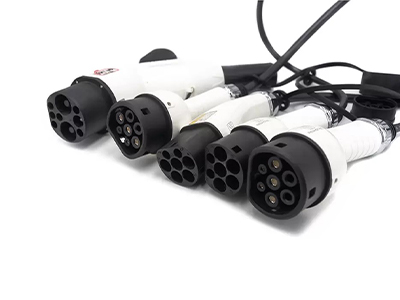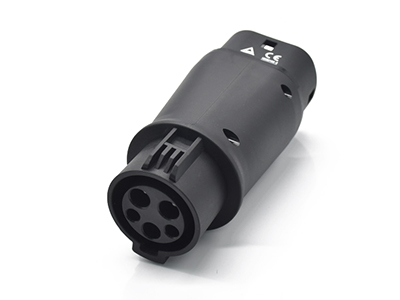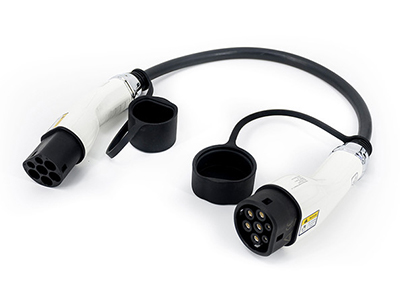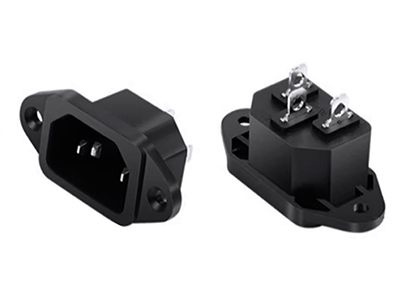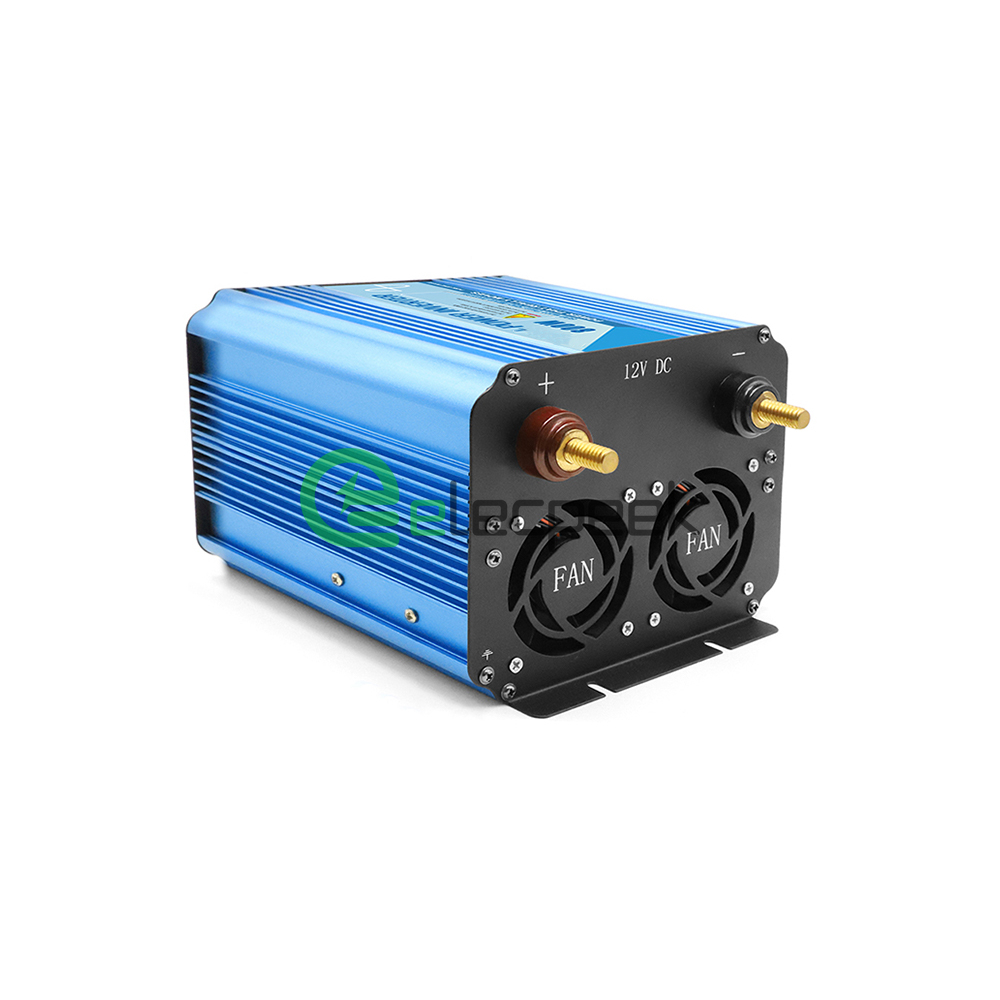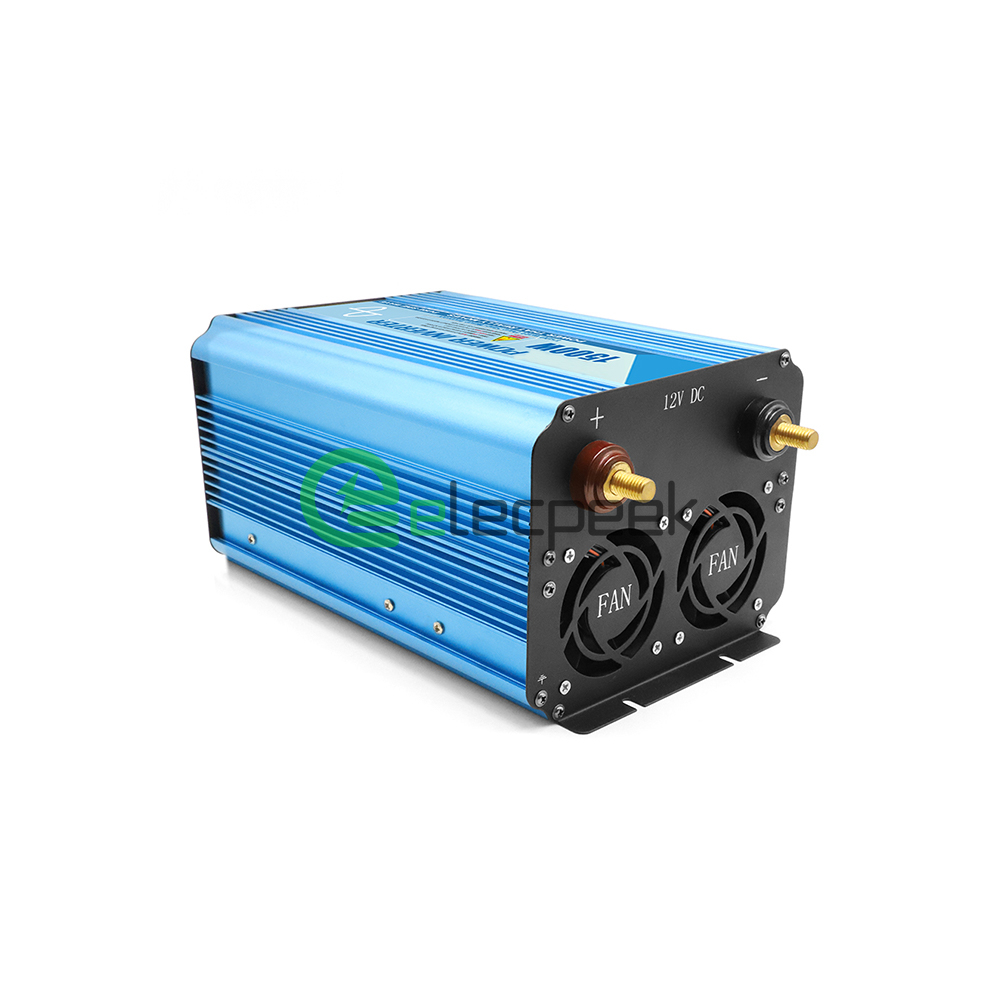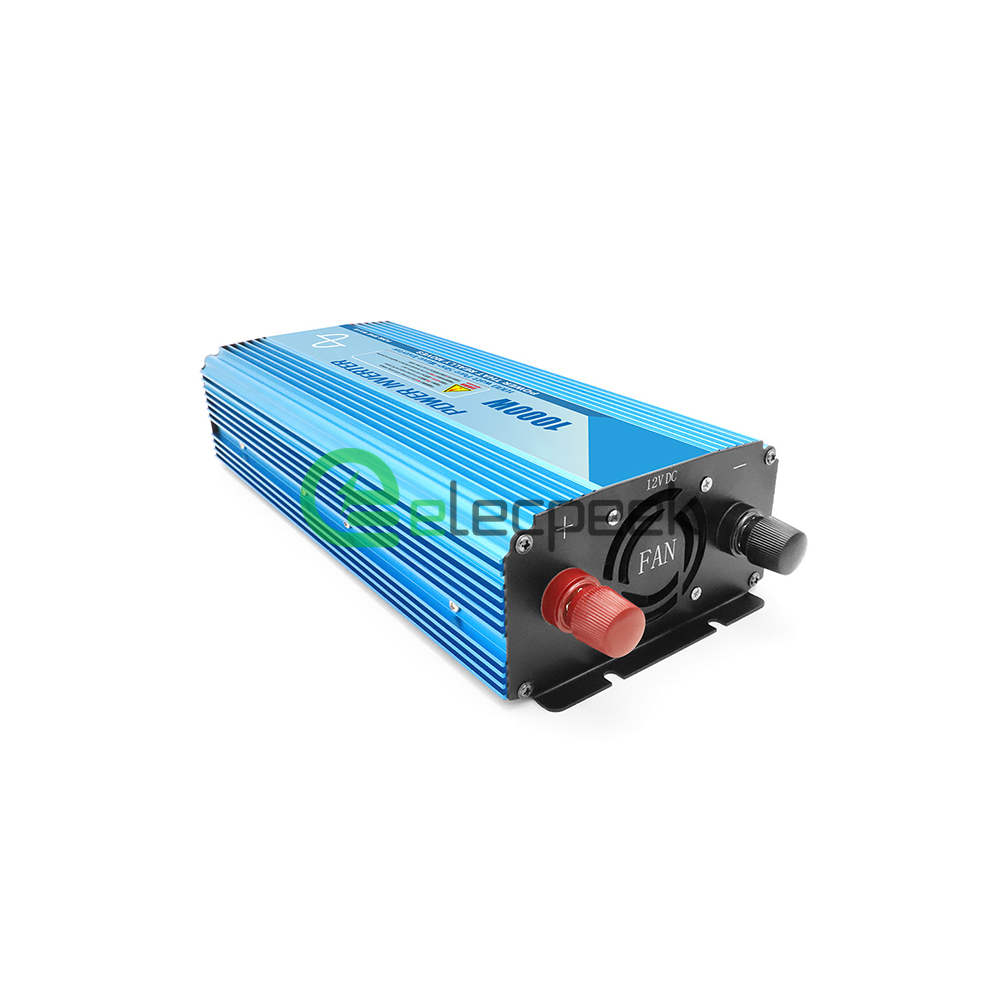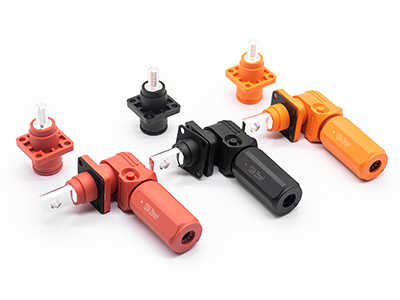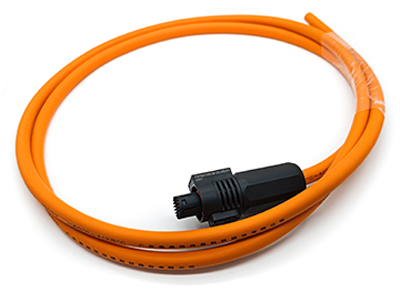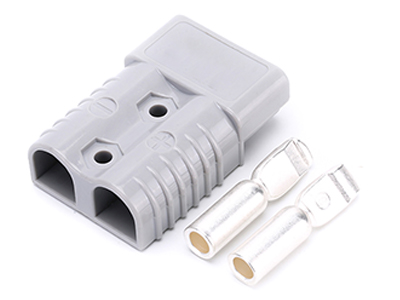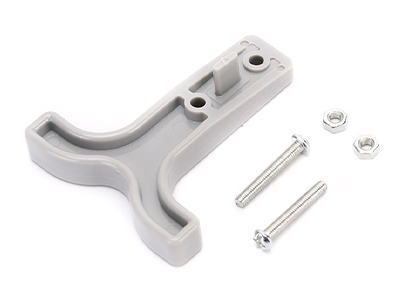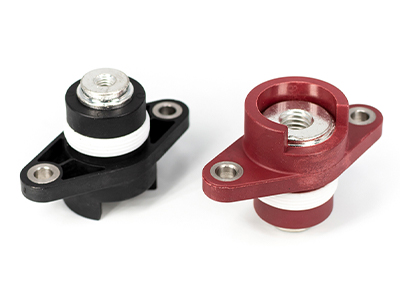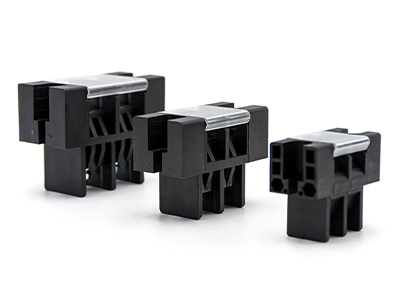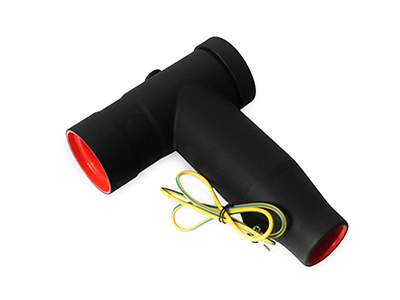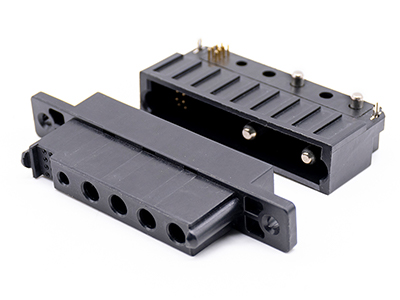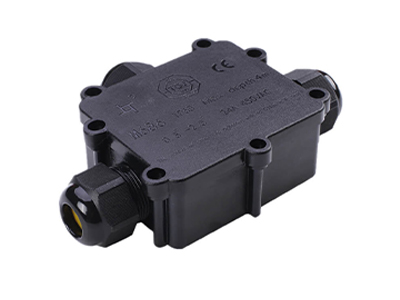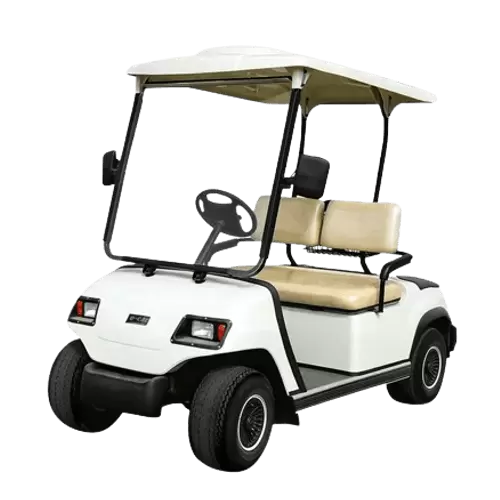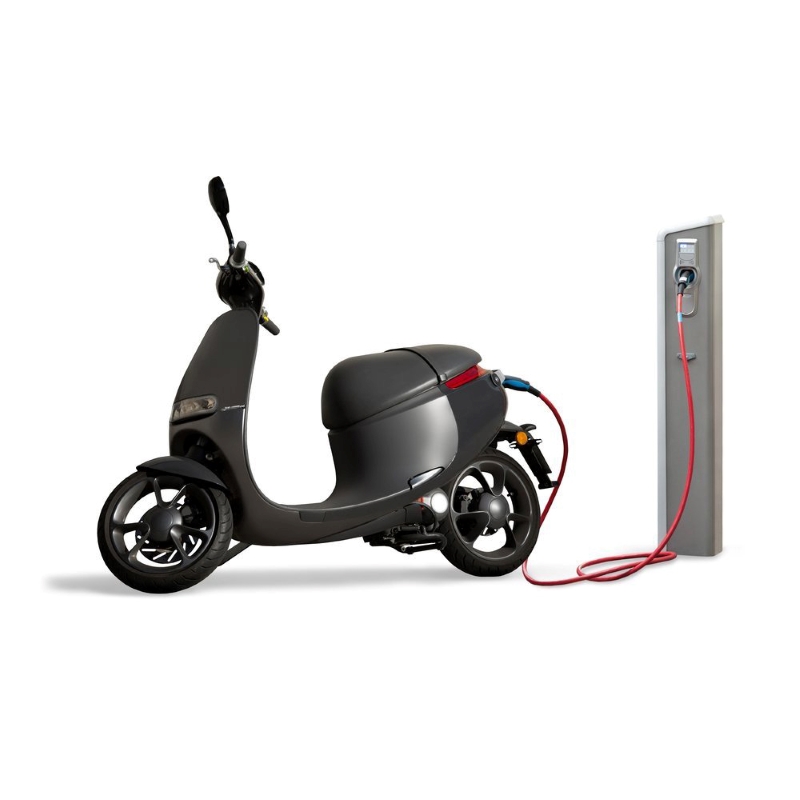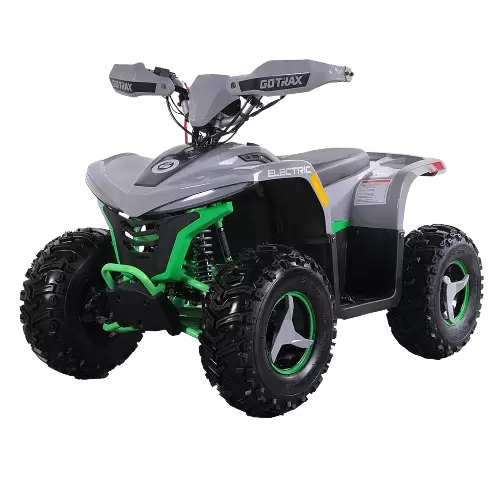News
The Ultimate Guide to Choosing the Perfect EV Charging Adapter: 11 Tips
Installing an electric vehicle charger at home is an exciting step towards making the switch to eco-friendly driving. However, with so many options available, how do you choose the right adapter for your EV? Here are some things to consider to ensure that you get an adapter that charges your vehicle quickly and safely.
- 1. Charge level and speed. EV chargers come in different power levels, ranging from Level 1 (up to 5 kW) to Level 3 (300 kW or more). Choose a level based on how fast you need to charge. Level 1 is good for trickle charging but can take over 24 hours for a full charge. Level 2 (up to 25 kW) is good for home charging overnight. Level 3 public fast chargers provide up to 150-350 kW for fast charging in 30-45 minutes.
- 2. Connector Type. The most common connector types are J1772, CHAdeMO, and CCS. Choose an adapter with a connector that matches your vehicle’s port. For example, if your EV has a J1772 port, get a J1772 adapter. This will ensure a proper charge every time. CCS and CHAdeMO are used for public fast charging.
- 3. Check the onboard charger rating of your EV. The maximum amperage your EV can accept will determine what charger level and power rating you need. Most EVs accept 16-32 ampere Level 2 charging. Fast-charging EVs can take 50 kW or more.
- 4. Cord length and weather resistance. Home chargers typically come with 3 to 25-foot cords. A longer cord provides more flexibility, but a shorter cord is more convenient. Get a cord length that matches how far away your charging port is from the charger. Weather-resistant cords can handle the outdoor installation.
- 5. Additional features. Some chargers offer useful extra features like integrated cable management, surge protection, RFID card readers, status indicators, overload protection, and temperature controls. These features provide visibility into the charging status, prevent overcharging issues, and ensure safety.
- 6. Power management. Choose a charger with smart power management to automatically adjust the charge rate based on available power and peak load management in your home. This prevents tripping circuit breakers and reduces strain on your home’s electrical system.
- 7. Consider the number of chargers. Decide if you need a single or dual charger based on how many EVs you own and charge simultaneously. Dual chargers take up more space but are more convenient.
- 8. Consider additional features. Things like cable length, smart features, adjustability, warranty, and brand reputation are also important. Choose based on the convenience and reliability you want.
- 9. Review Price and installation requirements. Charger prices range from $200 up to $2000 or more for home fast charging stations. Make sure installation costs and any ongoing fees also fit your budget.
- 10. Ask about incentives. Federal, state, and utility incentives may be available to help offset the cost of purchasing and installing an EV charger. Do some research to see what you may qualify for.
- 11. Get professional installation for Level 2 or fast charging. High-power chargers often require permits and should be installed by a licensed electrician for safety. Home Level 1 charger can sometimes be DIY installed, but professional installation is still recommended.
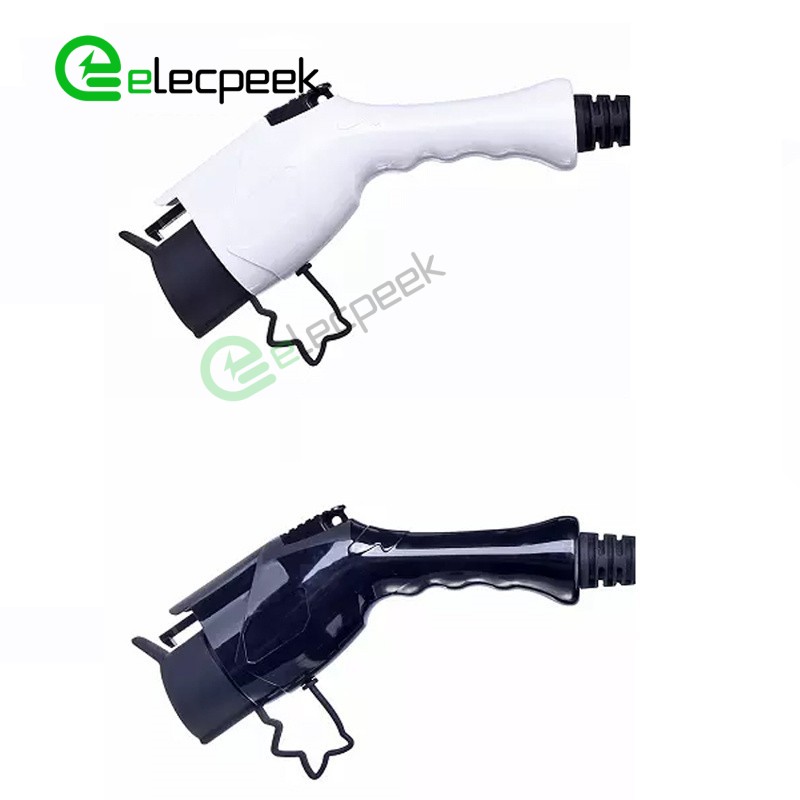
With these factors in mind, you will be ready to choose and install the perfect home charging adapter for your electric vehicle. Picking the right adapter will make charging faster and easier and bring you one step closer to enjoying all the benefits of eco-friendly driving.


